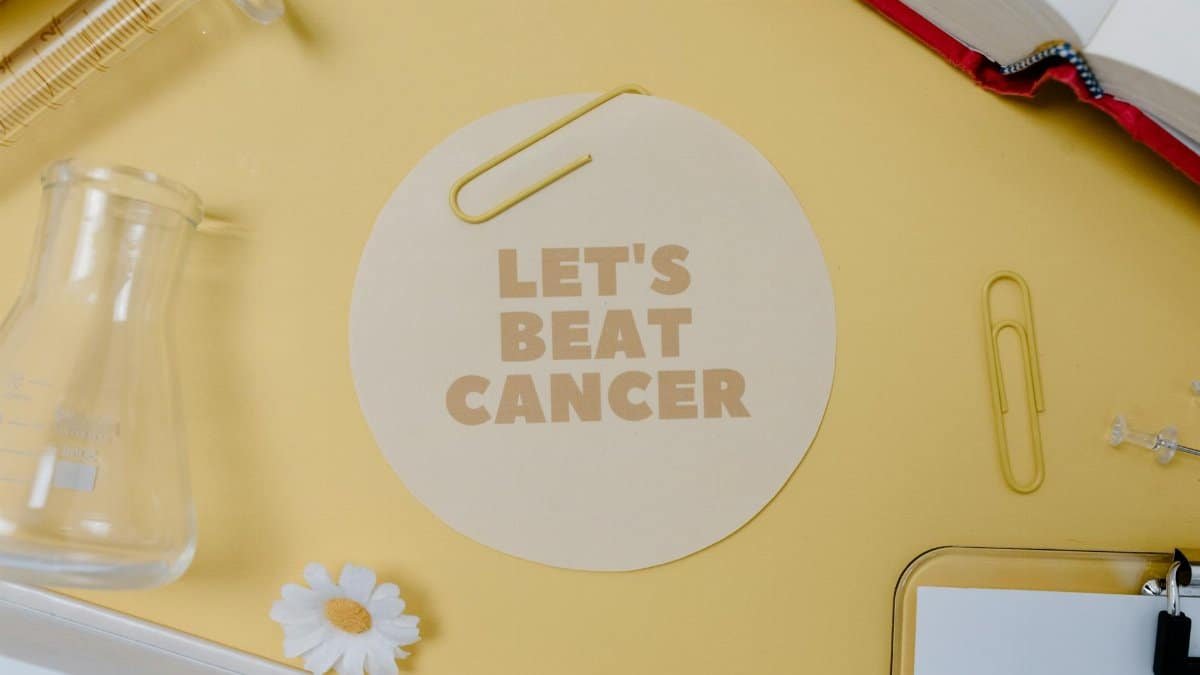Is holding a grudge really worth the mental toll? Neuroscience reveals that clinging to resentment doesn’t just sour relationships—it rewires your brain for stress and negativity. Research into neuroscience holding grudges shows this habit can spike cortisol levels, impair decision-making, and even shrink key brain regions over time. As grudges fester, they sabotage your health and happiness. But there’s hope: science also points to ways to break free from this toxic cycle. Here’s what experts are saying about the damage—and the path to healing.
The Brain on Resentment

Holding a grudge isn’t just an emotional choice; it’s a neurological burden. Studies show that harboring resentment activates the amygdala, the brain’s fear and anger center, keeping you in a near-constant state of fight-or-flight. This overactivity floods the body with stress hormones like cortisol, which, over time, can damage neural connections. A 2019 study from Emory University found that chronic stress from negative emotions can even reduce the size of the hippocampus, critical for memory and learning. The brain literally suffers when grudges persist.
Physical Health Takes a Hit

The damage isn’t just mental. Neuroscience links holding grudges to tangible health risks. Elevated cortisol from ongoing resentment can raise blood pressure, weaken the immune system, and increase the likelihood of heart disease. Research published by the American Psychological Association highlights that people who hold onto anger are more prone to chronic inflammation, a root cause of many illnesses. Your body pays a steep price for refusing to let go.
Mental Health Under Siege

Grudges don’t just stress the body—they erode mental well-being. Neuroscientists note that dwelling on past wrongs reinforces negative thought patterns, often leading to anxiety and depression. A study from the University of California, Berkeley, found that rumination—obsessively replaying grievances—strengthens neural pathways for negativity, making it harder to feel joy. Essentially,neuroscience holding grudges traps the brain in a loop of misery, blocking emotional recovery.
Social Bonds Break Down

Humans are wired for connection, but grudges sever those ties. Brain imaging studies reveal that resentment reduces activity in the prefrontal cortex, the area tied to empathy and perspective-taking. Without these functions, misunderstandings grow, and relationships crumble. Experts at Stanford University warn that holding onto anger often alienates loved ones, leaving individuals isolated—a state the brain interprets as a threat, further spiking stress.
The Science of Letting Go

Here’s the good news: your brain can heal. Neuroscience shows that forgiveness or simply releasing a grudge triggers the release of oxytocin, a bonding hormone that counters stress. A 2021 study from the National Institutes of Health found that practicing forgiveness can strengthen neural pathways for positive emotions, rebuilding mental resilience. Techniques like mindfulness and reframing past hurts can rewire the brain to prioritize peace over pain.
Practical Steps to Release Resentment

Breaking free from grudges starts with small, intentional actions. Neuroscientists recommend journaling to process emotions, which can deactivate the amygdala’s overdrive. Cognitive behavioral therapy (CBT) also helps reframe negative thoughts, a method backed by research from the American Psychological Association. Even short meditation sessions can calm the brain’s stress response. In 2025, mental health experts predict a surge in accessible tools like apps and workshops focused on forgiveness, reflecting growing awareness of grudge-related harm.
Why It’s Worth the Effort

Letting go isn’t about excusing bad behavior—it’s about reclaiming your brain. Neuroscience proves that releasing grudges boosts overall well-being, from sharper focus to better sleep. Participants in forgiveness studies often report feeling lighter, as if a physical weight has lifted. While the journey isn’t easy, the payoff is clear: a healthier mind, body, and life. So, the next time resentment creeps in, remember—science says holding on hurts you most.
